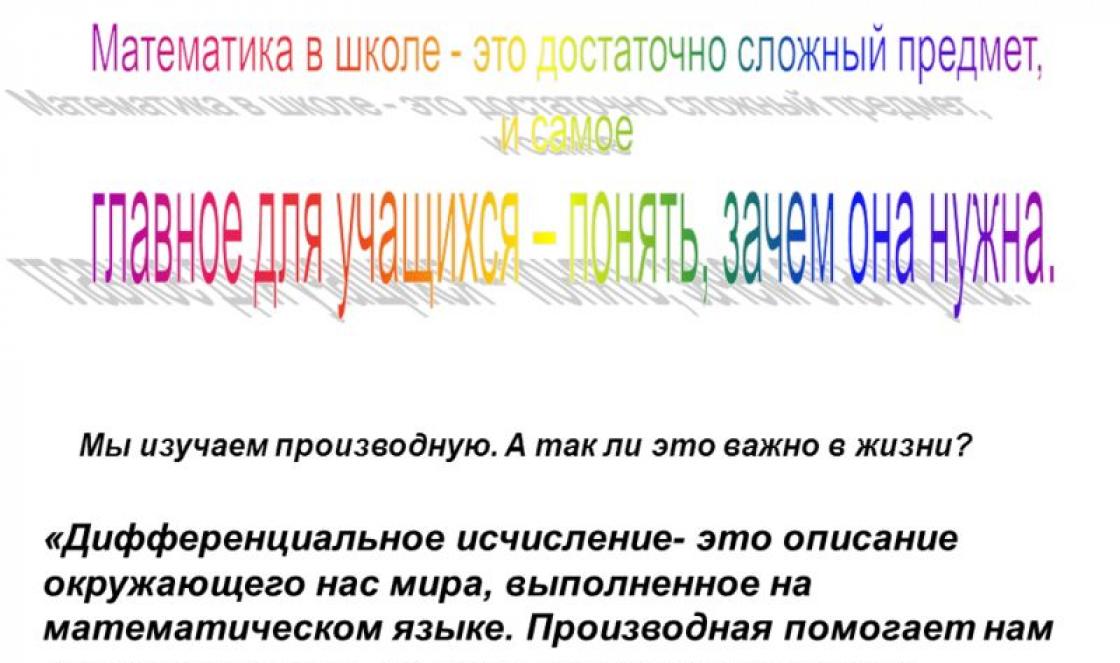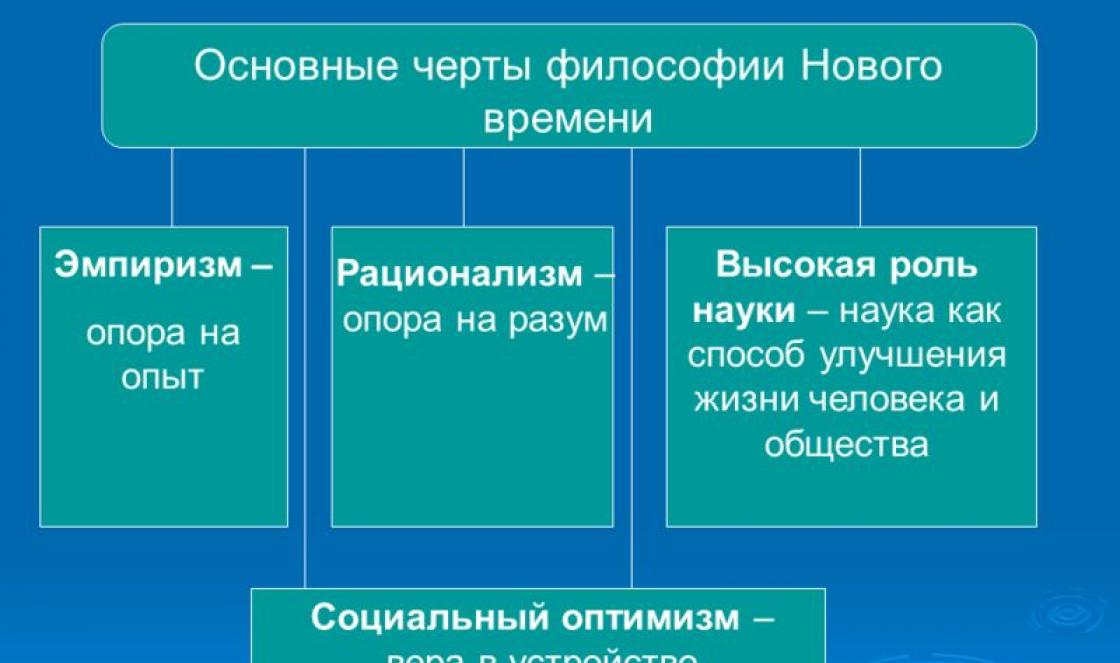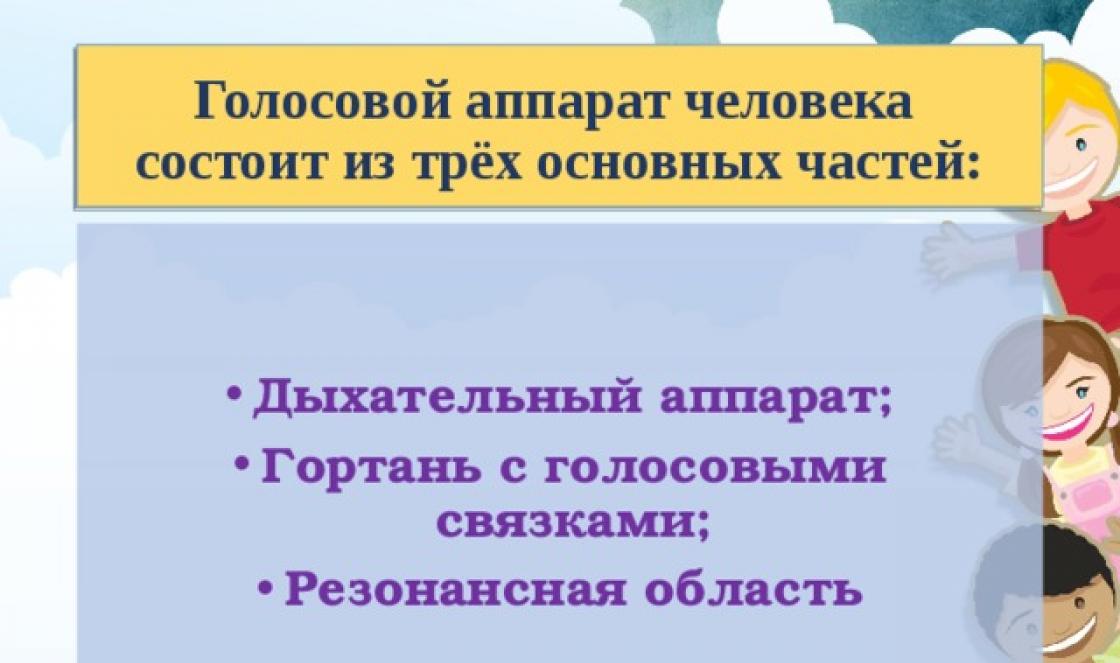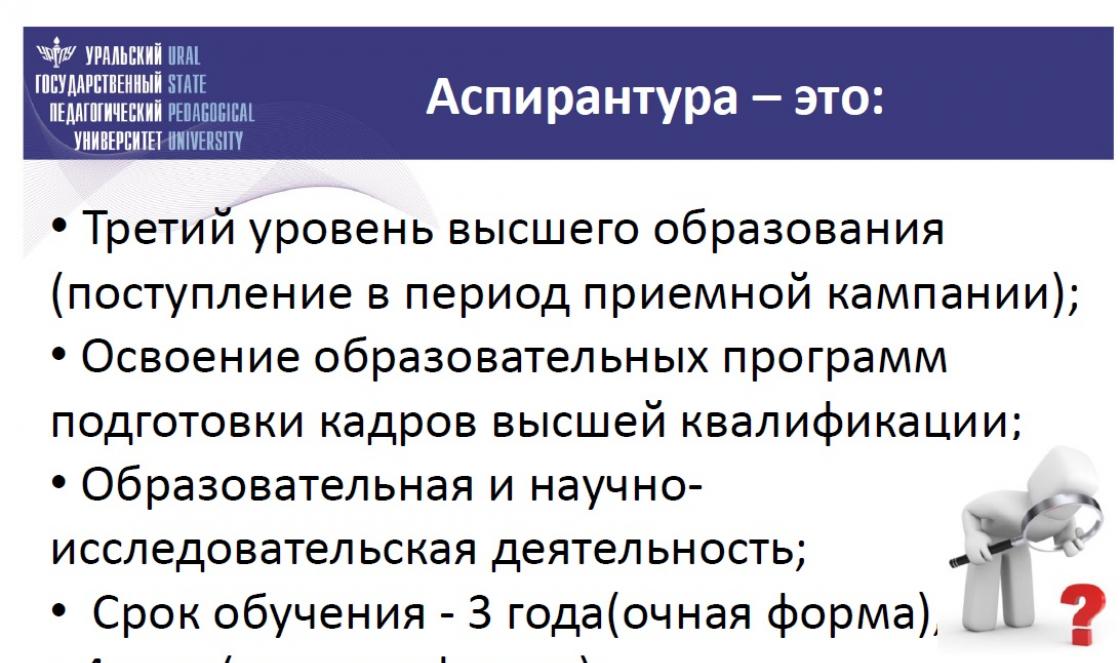“Mom is anarchy, dad is a glass of port” - this is how some young people talk about themselves in V. Tsoi's song. With port, for example, everything is clear, but what does anarchy have to do with it? Let's try to understand.
Anarchism (literally - anarchy) is a system of philosophical views that denies any coercive control and the power of some members of society over others. Anarchy calls for the elimination of any, considering them to be organs of exploitation and suppression. Anarchist - Desiring complete and absolute freedom.
Humanity is characterized by love of freedom, and therefore the ideas of anarchism are initially perceived by many with sympathy. But later disappears.
Basic principles of anarchism
The ideology of anarchism is based on wonderful principles such as equality and brotherhood, absolute freedom(including associations) and human mutual assistance. And most importantly - the absence of any power. A real anarchist is a person who sincerely believes in such a construction of a society where one leader or a group of them cannot impose their demands on others. Therefore, he denies not only authoritarianism and totalitarianism, but even an anarchist is one who advocates a complete rejection of forcing a person to participate in any actions against his will (even with the most noble goals!). It is assumed that a person can participate in any public projects, only realizing his own responsibility. And since the individual can do little alone, associations of people are assumed to be freely united with a common goal and have equal rights in its implementation.

On the issue of public administration
But how is it possible, denying all power, to carry out public administration? An anarchist is one who sees the solution to this problem in collective rule and the development of grassroots initiative. That is, when implementing any public projects, the initiative comes from the bottom up, and not from the top, as is customary now ( the simplest example- election of management at enterprises).
A similar approach to social organization regarded by many as idealistic. It requires members of a society built on the principles of anarchism, a special self-organization and the highest level culture. After all, a person who denies outside power must be able not only to freely build his own life, but also to establish a peaceful, conflict-free coexistence with other people who, like him, yearn for complete unlimited freedom. Is it necessary to say that in a modern, not the most perfect society, this is almost unrealistic? I. A. Pokrovsky, a well-known Russian jurist of the early 20th century, wrote: “If there is a doctrine that truly presupposes holy people, it is precisely anarchism; without this, it inevitably degenerates into the bestial.

Destroy or build?
Prominent anarchists complain that their ideology is often misunderstood in society; anarchism is credited with an uncharacteristic desire to return the world to wild laws and plunge it into chaos. But let's figure it out.
Anarchism as a theory has existed for hundreds of years and consists of dozens of directions, often contradicting each other, or even completely opposite. Anarchists cannot decide not only in their relations with the authorities and other parties. They cannot achieve unity even in their understanding of civilization and technological progress. Therefore, in the world there are almost no examples of successful construction, and then stable maintenance by anarchists of any significant projects. But there are more than enough examples of destruction (however, sometimes useful) carried out by supporters of anarchy. So, if we return to Tsoi's song, anarchy and a glass of port wine are a very real combination, anarchism and a revolver are also. But to imagine a creative anarchist is somewhat more difficult.
What does it mean to be an anarchist? In a general sense, anarchy means lack of power or its absence. The ideas of society are extreme voluntarism, which is possible with universal cooperation, without dictators and despots exploiting the weak sections of society, if it were possible. Critics of anarchism describe many kinds of negative stereotypes of the idea. They paint pictures of evil and violent gangs wreaking havoc on government property, massive theft, looting, robbery, robbery, assault, and general chaos. Although some groups of rapists claim to be anarchists, most of the recognized anarchists these days are peaceful and against government protests. However, it is clear that law enforcement officers should demand equality.
Anarchy can arise as a result of an economic or political collapse accompanied by lawlessness, that is: could you find an unruly crowd led by strong hooligans? People would try to hide, protecting their property on their own, with the help of friends and relatives. The "police" could be volunteers, local militias, temporary prisons and courts overwhelmed, probably people in mass confusion, gangsters, gangs, violence and general disorder everywhere. The streets will be blocked off, the authorities are passing strict decrees on security, curfews, confiscation of weapons and stockpiling food and fuel.
Anarchism is not the only unified belief system, but consists of a series of deformations.
Steps
Familiarize yourself with the history of anarchism. Read about anarchist movements during the Spanish Revolution of 1936, the Makhnovist uprisings in Ukraine, in Paris in 1968, the protests in black today, and the movement's activities such as the protest demonstration during the WTO meeting in Seattle.
The concept and evaluation of the negative background of anarchy. Reflect on negative connotations based on what you have learned about anarchism. There are many negative stereotypes about anarchism. Many associate anarchism with violence, arson and vandalism. Like any system of thought, you need to try to appreciate how people create and apply anarchism.
Familiarize yourself with anarchist symbols and flags. Like all political movements and public organizations, in order to identify themselves and their principles, anarchists use symbolism. Symbols vary by location and change over time.
Study capitalism, marxism, fascism and other political ideologies. Know your "competitors". Know what is important in other systems of thought in order to be able to emphasize how much your point of view is preferable.
- Understand the arguments for government control, law and order. Know that statehood is based on the idea that human beings cannot effectively organize themselves on an equal footing. They need centralized state to defend themselves against totalitarian power, to support the people in the fight against violence, gangs, to have more general laws and moral principles and systems of currency/money, trade and commerce/economy to prevent conflicts at the international, national, state, and local levels, group and personal.
Take your time. You are developing a mindset. Don't rush into it because it's weird or because you're bored. Carefully consider each thinker's point of view and each principle. What makes sense to you?
Live like an anarchist
- Think about your own relationships. Do you have equal relationship with friends, family members, relatives, colleagues? If you have power over them and they don't agree with it, find a way to fix the situation. Talk to them about your anarchist beliefs. Explain that you want to create an egalitarian relationship. It could be a public utopian group.
Start with yourself, live by personal principles. Get as much control as possible over your own life. Nobody owns you, but you live in a society. No power over you is legal unless you violate the rights of others or voluntarily give power to others in work, play or community management, just as you should not have power over others if they do not agree.
Consider your relationship to hierarchical authority. Many anarchists have problems with the state, hierarchical religion, and large regimented organizations. Think about the relationship to each of these objects.
Promote equality, but understand that without the enforcement of individuals by the government, this would not be possible. Think gender equality, sexual equality, racial equality, religious equality, equal opportunity and equal pay. Solidarity through the dream of unsanctioned/unforced equality is a founding principle of anarchism, which detractors would call mob rule.
- Help those who are unfairly offended by the "system". Promote choice and dedication to work in your chosen professional field in order to gain knowledge, experience and skills for career advancement. Women continue to be among the less qualified, underpaid category of people in the workplace. Help secure the right to equal pay in your chosen profession. Racial minorities are often subject to infringement of rights. Help promote racial diversity. Try these opportunities and what they offer to society.
- Remember that using big government to reinforce the government's vision of equality is socialism or Marxism. The main idea of anarchism is that you earn what you deserve, and if the state takes away your income, then this goes against these beliefs.
Find people who share similar beliefs. Find a community of people who believe the same as you and live in a small, informal circle of friends (perhaps a commune). You need to rely on others. It's unavoidable. You can learn from each other, teach each other and expand your circle of acquaintances.
Anarcho-individualism(or individualistic anarchism) (from the Greek αναρχία - anarchy; lat. individuum - indivisible) - this is one of the directions of anarchism. The basic principle of the tradition of individualist anarchism is the right to freely dispose of oneself, which is inherent in any person from birth, regardless of their gender.
Modern supporters of anarcho-individualism present the new society as a conflict-free society based on the priority of the personality of small owners who have entered into a mutual agreement on self-government issues without state authorities.
The founder of this trend of anarchism is considered to be the German nihilist Max Stirner (1806-1856), who in his main work "The Only One and His Property" (Russian translation in 1922) tried to prove that the only reality is the individual and everything has value only insofar as it serves the individual.
The economic ideas of anarcho-individualists were formed mainly under the influence of the theory of mutualism (reciprocity of services) of the French philosopher and economist Pierre-Joseph Proudhon.
…“you want our respect, so buy it from us at the price we set.<...>If you work something ten or a hundred times more valuable than our own work, you will get a hundred times more; but then we will be able to produce much that you will pay us more than the usual daily wage. We will already agree with each other; unless we agree that no one should give anything to another.” Max Stirner, "The One and His Own"
In the USA, the ideas of anarcho-individualism were accepted and developed by Joshua Warren, Lysander Spooner, Benjamin Tucker.
Statements coming from individualist anarchism:
people should not be dependent on society;
all theories describing how people can work together must be put to the test by practice:
the goal should not be utopia, but real justice.
(c) Anarchopedia
For the first time in the vastness of Russia, we invite you to get acquainted with such an anarchist trend as Christian anarchism. Hurry to read :)
Christian anarchism is a tradition in religious, philosophical and socio-political thought that develops the philosophical, ethical ideas embedded in the teachings of Jesus Christ about the desire for spiritual, political and socio-economic liberation of a person from social relations based on violence and oppression. Christianity gives an answer to the pressing questions of our time, based on religious, ethical standards. Anarchism as a socio-political doctrine is able to provide a solution to political and economic problems modern society unsolvable only from an ethical point of view.
Of course, there is not and should not be an artificial combination of Christianity and anarchism. It should be remembered that initially the teaching of Christ and the apostles was anarchist in nature. After all, the very idea of freedom as the goal of human history in European civilization was formed for the first time precisely within the framework of Christian teaching. In Christianity, God, as the initially free creator of the world, creates a person in his own image and likeness, which means that he is also free in his choice, capable of independent creation of life, not needing any outside power. This is the main rationale for the possibility of anarchic, powerless relations between people in Christianity.
Christian anarchists advocate the immediate implementation of the principles of harmony and freedom. From the point of view of Christian anarchists, the individual is the primary and only full-fledged subject of social life. The ethical development of the individual is put forward as the leading factor of change in Christian anarchism. Overcoming social injustice and oppression is possible not as a result of the seizure of power and the implementation of "reforms" from above, but only as a result of a change in social relations, an individual's readiness for these changes.
(c) st_kropotkin
Anarcho-communism(from Greek αναρχία - anarchy; lat. commūnis - general) - this is one of the areas of anarchism, the purpose of which is to establish anarchy (that is, a powerless society in which there is no hierarchy and coercion), based on mutual assistance and solidarity of all people. Pyotr Alekseevich Kropotkin (1842-1921) is considered the founder of anarcho-communism.
Foundations of anarcho-communism
Decentralization
Liberty
Equality
Mutual Aid
Decentralization - that is, the replacement of centralized management of large territorial associations, as well as production, collective self-government in the field.
Freedom - means first of all freedom for the full and comprehensive development of the individual without external restrictions in the face of the state government, as well as financial. Accordingly, we are talking about freedom from political and economic pressure, when rulers force a person to act in one way or another, with an eye to state laws, and commodity-money relations force them to sell their labor power to the owners of private property and means of production.
Equality - refers to equality of opportunity, as well as starting conditions, that is, first of all, economic equality.
Mutual assistance is about replacing the selfishness that divides people with solidarity, designed to restore social harmony, when people help each other and take care of their neighbors, based on the principle “you help, they will help you”.
Anarcho-communism implies egalitarianism and the rejection of social hierarchy and social distinctions that result from the unequal distribution of wealth, as well as the abolition of private property and commodity-money relations. What is proposed instead is the collective production and distribution of wealth through voluntary association. Under anarchist communism, there should no longer be state and private property. Each individual and/or group of individuals will be free to contribute to production and meet their needs based on their own choice. It is understood that the systems of production and distribution will be controlled by their participants in the relevant processes.





